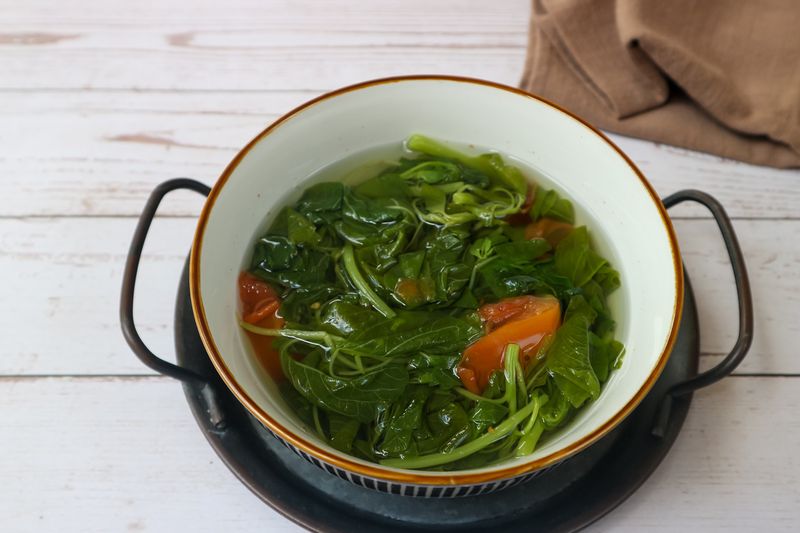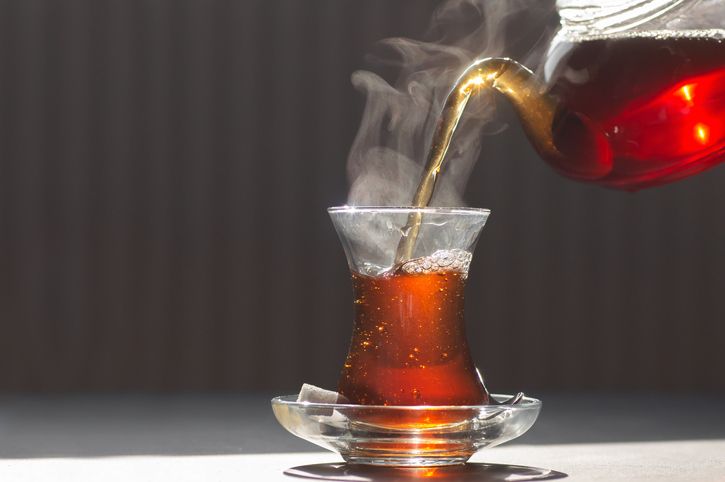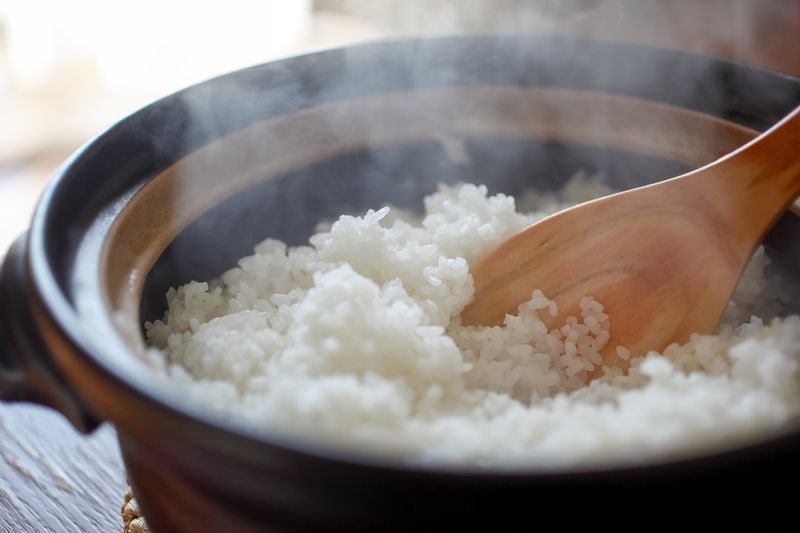Jakarta –
Heating food really makes it taste delicious again. However, be careful because not all food is suitable for reheating, like this food, which can actually be dangerous to your health.
Many people are more appetizing when eating warm dishes. As a result, they often reheat leftover food that they still want to eat.
Using a microwave is a common method because it is practical and fast. However, please note that not all food is suitable for reheating.
ADVERTISEMENT
SCROLL TO CONTINUE WITH CONTENT
Quote Daily Mail (28/11/2024), there are 2 main reasons why some foods are not suitable for heating. First, the chemical compounds in food will change when heated, triggering the production of toxic compounds that are linked to health problems, such as kidney damage.
Second, leaving certain types of food cold before heating them can trigger the growth of dangerous bacteria, such as E.coli and listeria.
Nutritionist Harini Bala revealed on her TikTok account @dietitianharinibala, 3 foods that are prohibited from being heated because they will harm your health. Here’s the list:
1. Spinach
 Photo: Getty Images/iStockphoto/Rahmah Hastuti Photo: Getty Images/iStockphoto/Rahmah Hastuti |
Bala revealed that spinach contains oxalic acid compounds which are not dangerous if spinach is eaten raw. However, after reheating, oxalic acid will ‘crystallize’ and become ‘poisonous’. In high doses, these substances can increase the risk of kidney stones.
Bala added, “Oxalic acid also contains nitrates and will turn into nitrites when reheated. This is toxic.”
Nitrites are substances that are thought to combine with chemicals in the intestine to form compounds that increase the risk of developing intestinal tumors.
Another study revealed that spinach leaves are full of Listeria, which often causes foodborne illnesses. Experts say that if spinach is not cooked properly, the bacteria in it may still live.
Exposure to Listeria bacteria can trigger fever, flu-like symptoms, headaches, stiff neck, confusion, and even seizures.
2. Tea
 Photo: Getty Images/iStockphoto Photo: Getty Images/iStockphoto |
For tea lovers, don’t reheat your favorite drink. Apart from making the taste more bitter, heating the tea will increase the tannin content which tastes sour.
According to Bala, this condition can make all types of inactive bacteria become active in it. Therefore it is not recommended to reheat tea.
3. Rice
 Photo: Getty Images/iStockphoto/motosuke_moku Photo: Getty Images/iStockphoto/motosuke_moku |
Bala revealed that cold rice should not be reheated. When rice is cold, it may contain Bacillus cereus, a spore-forming bacteria usually found in soil and vegetables.
However, these spores are heat resistant. So even if you reheat it, the risk of harm from Bacillus cereus will not disappear.
Symptoms of illness caused by Bacillus cereus include vomiting, diarrhea and stomach cramps. According to Bala, there are several rules you can follow to limit the risk of transmitting these bacteria.
“Rice can still be heated if previously stored in the refrigerator in an airtight container, within 2 hours after cooking.” Bala said.
However, if you cook rice in the morning, leave it outside, and store it in the refrigerator at night to eat the next day, there is a high possibility of Bacillus cereus forming.
Last year, the story of a 20-year-old man who died from eating pasta went viral. The anonymous man from Belgium previously ate spaghetti that was reheated after leaving it in the kitchen for 5 days.
He reportedly experienced various symptoms shortly after eating the paste. The man felt nauseous, stomach ache, headache, diarrhea and vomiting.
He died within 10 hours. An autopsy found that the man suffered from moderate centrilobular liver necrosis, which caused his organs to shut down.
Doctors who examined the case in the Journal of Clinical Microbiology said Bacillus cereus was the most likely cause.
(adr/odi)






